ABOUT THE PRODUCTION
In 2013, the Encyclopédie de la parole initiated a cycle of four “Choral Suites” all based on the same principle: the live reproduction of audio-documents taken from the Encyclopédie de la parole's collection. As with Suite N°1 and Suite N° 2, these speeches are faithfully reenacted by two performers in order to render their oral dimension and all their melodic, rhythmic, intensive and timbral nuances. Re-enacting them is a way to make their reality audible whilst transposing them into the fictional setting of a theatre. Condescending sermons, safety instructions, embarrassing claims, verbal abuse, monologues of solitude, police brutality, hate speeches, pro-conspiracy rambles, standardized job interviews, personal-development coaching, public humiliation, adolescent moaning... In our daily lives, we are overwhelmed by utterances, that embarrass us, disgust us, bother us, make us angry, depress us, shock us, annoy us, or make us feel sorry for their issuers. What do we do with them? What strategies do we adopt to keep them at a distance? Can music allow us to neutralise them, to laugh at them, to momentarily ward off their violence or to shift and deepen the way we consider them? Can art free us from the influence and the venom of forked tongues?
THE AUTHORS
JORIS LACOSTE has been writing for theater and radio since 1996 and has been producing his own shows since 2003. He created 9 lyriques pour actrice et caisse claire in 2005 with Stéphanie Béghain and Purgatoire at the Théâtre National de la Colline in 2007. From 2007 to 2009, he was co-director of Les Laboratoires d'Aubervilliers. Taking his inspiration from literature, theater, dance, visual arts, music, sound poetry, his work is always deeply researched. In 2009 he launched the project “Hypnographie” to explore artistic uses of hypnosis: he produced the radio play Au Musée du sommeil (2009), the exhibition-performance Le Cabinet d'hypnose (2010), the exhibition 12 prepared dreams (GB Agency Paris 2012), the play Le vrai spectacle (2011) and the performance art pieces Restitution (2010), La maison vide (2012), and 4 prepared dreams (for April March, Jonathan Caouette, Tony Conrad and Annie Dorsen) in New York in October 2012. He started two collective projects, le projet W in 2004, and L’Encyclopédie de la Parole in 2007 with which he has created the shows Parlement (2009), Suite No1 (2013), Suite No2 (2015) and Suite n°3 ‘Europe’ (2017).
PIERRE-YVES MACÉ’s music stands at the nexus of contemporary classical, electroacoustic composition and sound art. Born in 1980, France, Pierre-Yves Macé studied music (piano, classical percussion), eventually turning to self-taught composition. His first recording, Faux-Jumeaux, was released on Tzadik, John Zorn’s label, in 2002. It was followed by several records on Sub Rosa, Orkhêstra and Brocoli. His music has been performed by ensemble l’Instant Donné, pianist Denis Chouillet, British soprano singer Natalie Raybould, reed player Sylvain Kassap, and Amôn string quartet. Macé has been invited and/or commissioned new pieces by the Festival d’Automne à Paris (monographic concert in 2012, at the Théâtre des Bouffes du Nord in Paris), Villette Sonique (Paris), Ars Musica (Bruxelles), Les Musiques, MIMI (Marseille), AngelicA (Bologna), Santarcangelo (Rimini), Akousma (Montreal)... As a performer, he opened for Matmos, Richard Chartier, Andrew Bird, among others. He has collaborated with writers/directors Christophe Fiat, Joris Lacoste, dancers Anne Collod, Fabrice Ramalingom. He won the 2014 “hors les murs” grant (French Institute) for the Contreflux project, which involved a one-month residency in the US. As an accomplished scholar of musicology (University of Paris VIII), he is the author of the book Musique et document sonore (“Music and Sonic Documents”).
FROM THE REVIEWS
Jean-Pierre Thibaudat, Médiapart
Joëlle Gayot, Télérama
Christian Jade, Rtbf (Bruxelles)
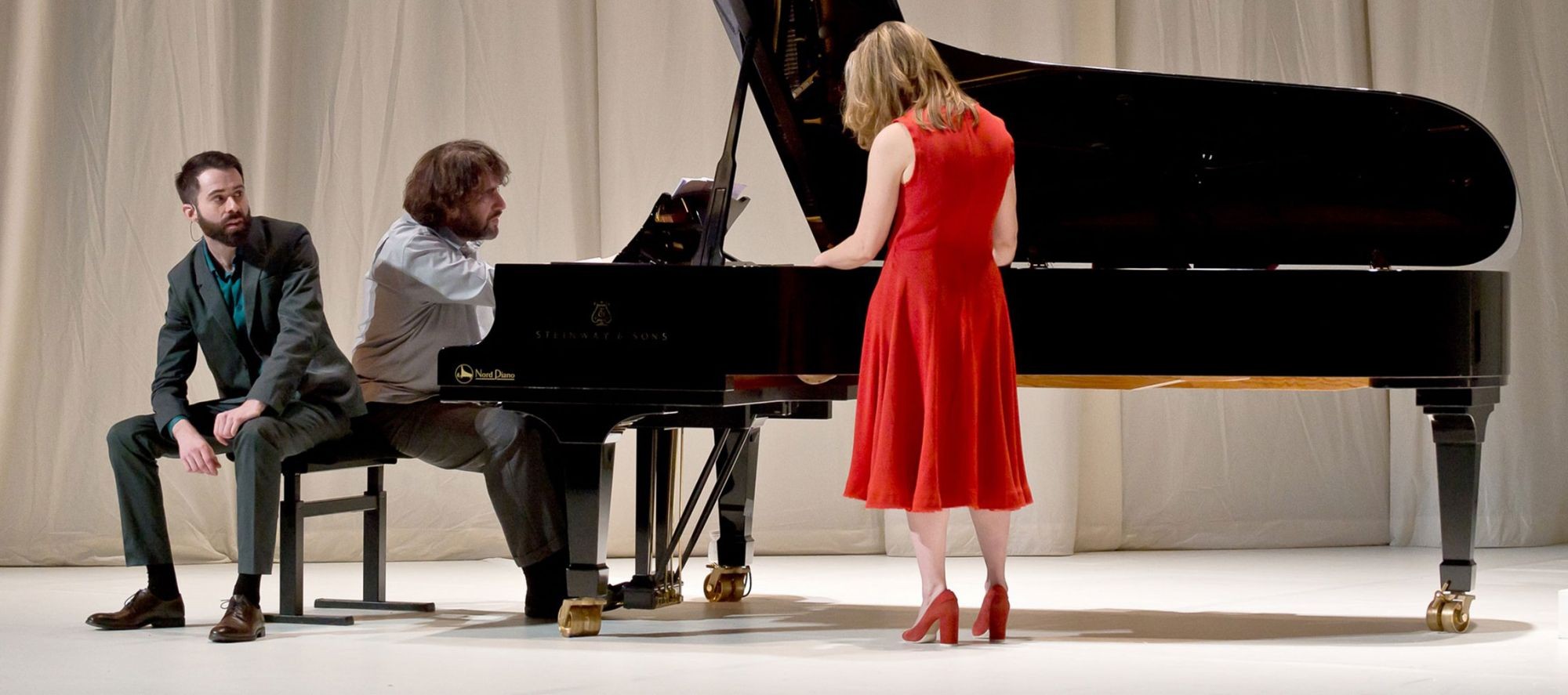

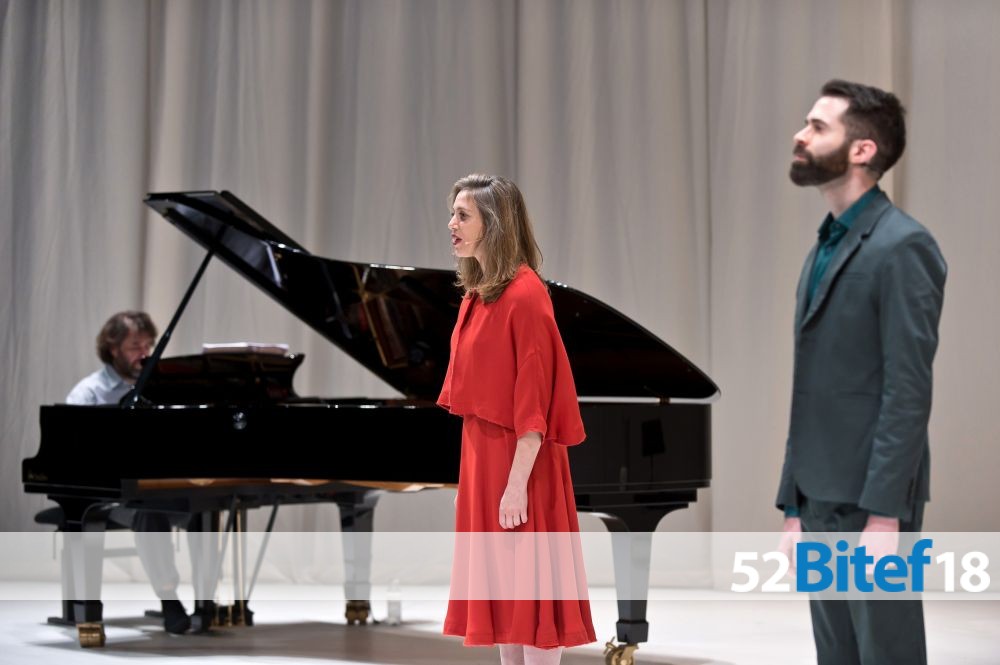
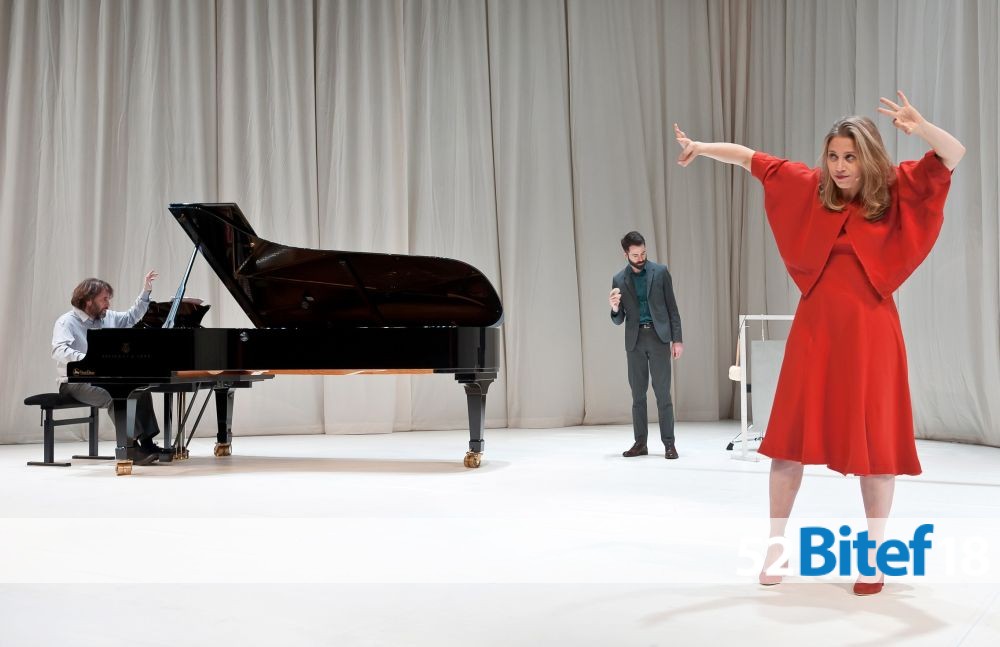
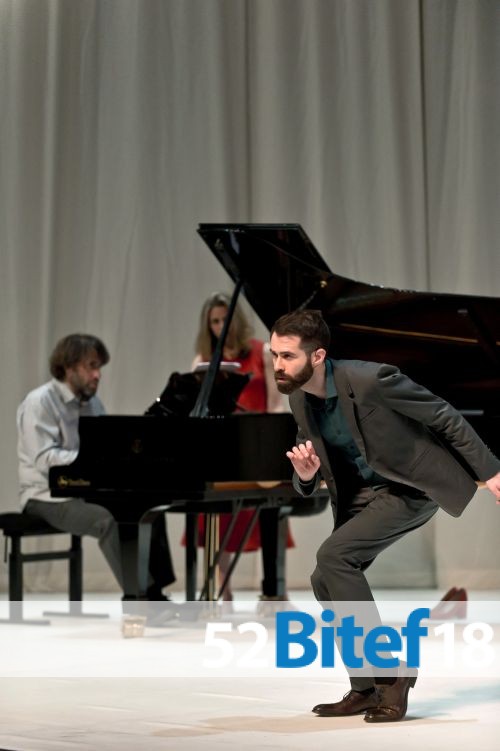
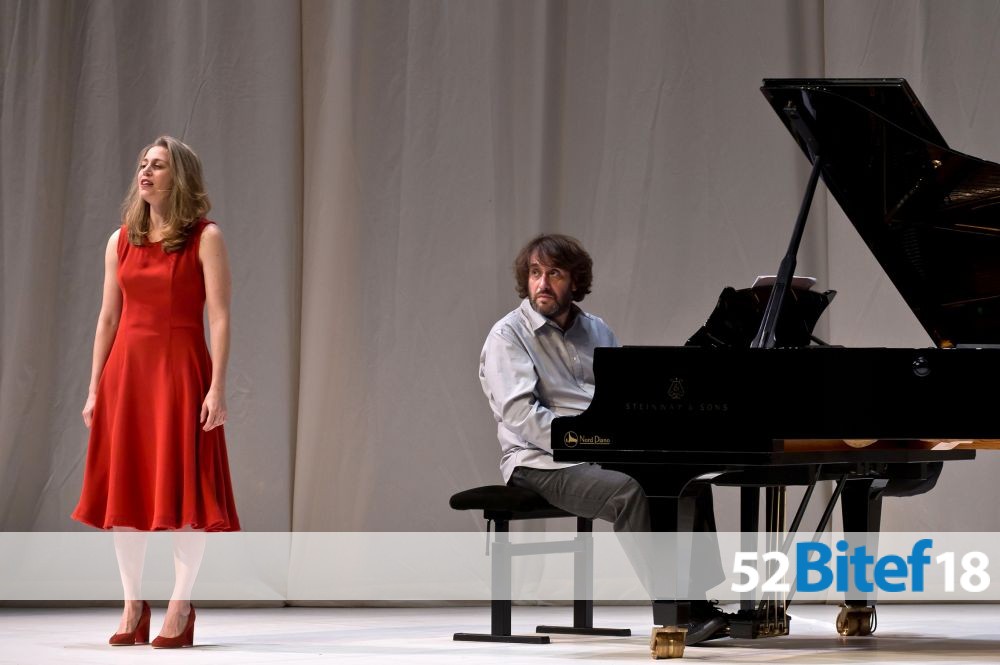
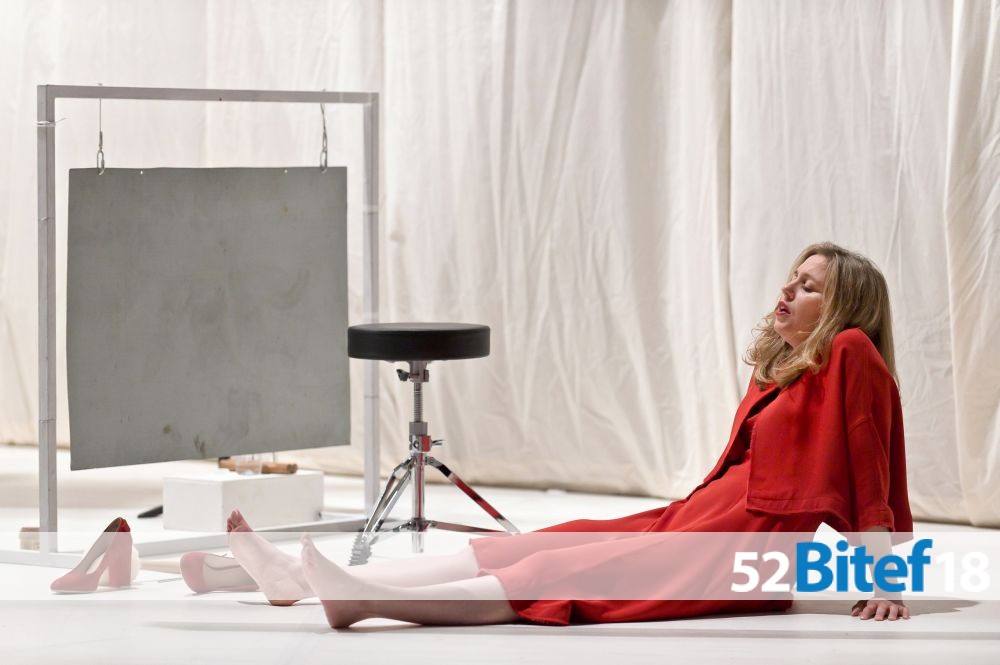
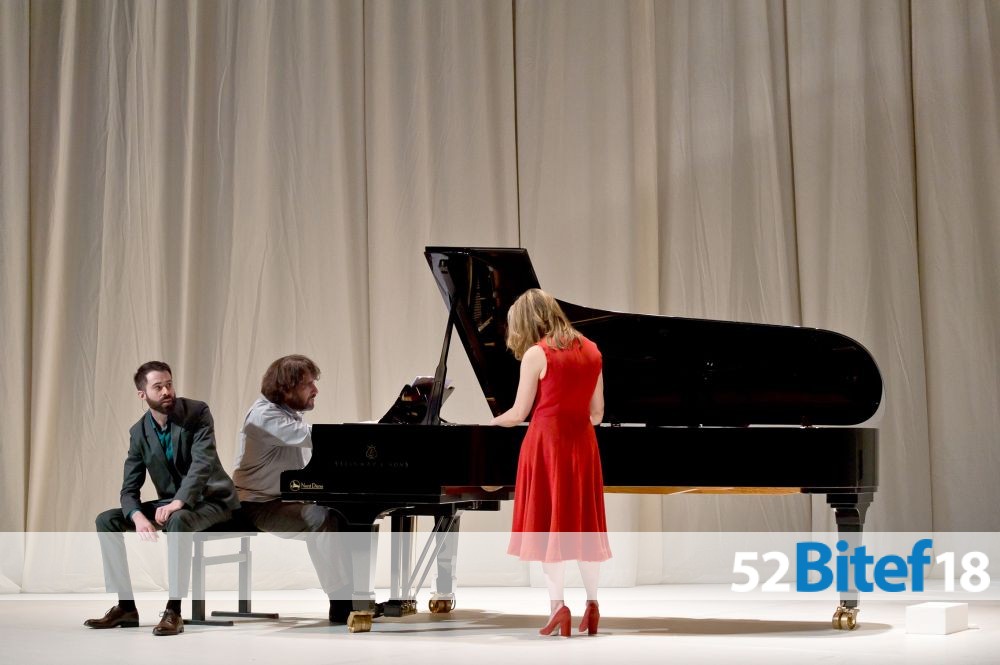
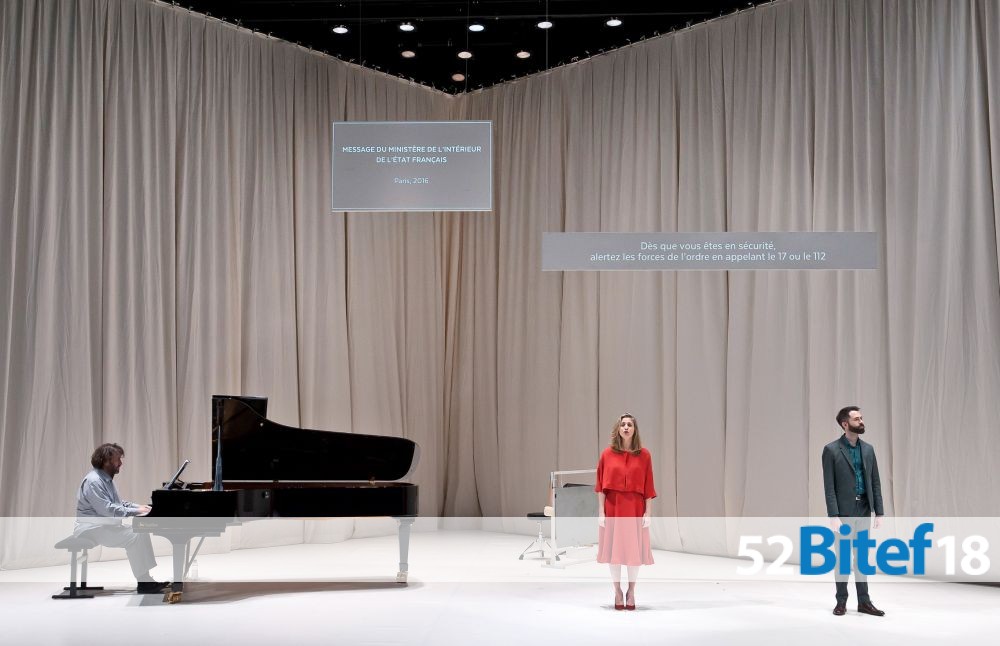
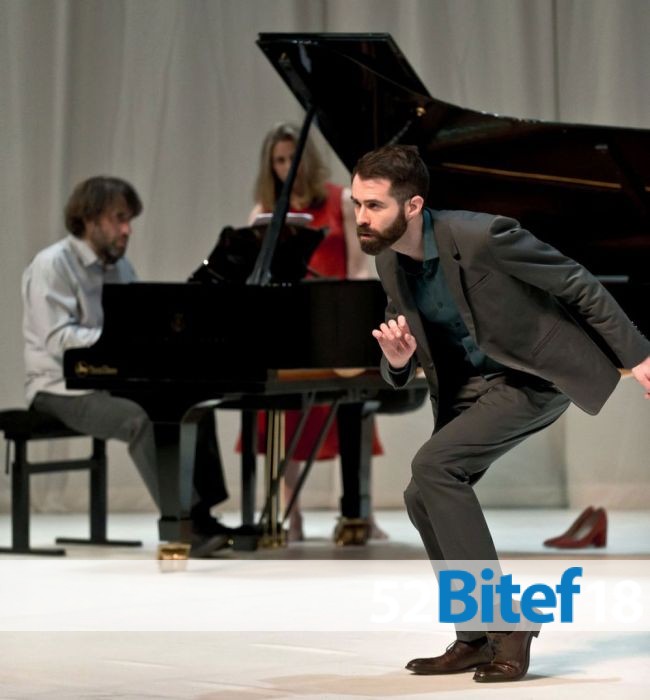
.jpg)
Оцените - total votes 1